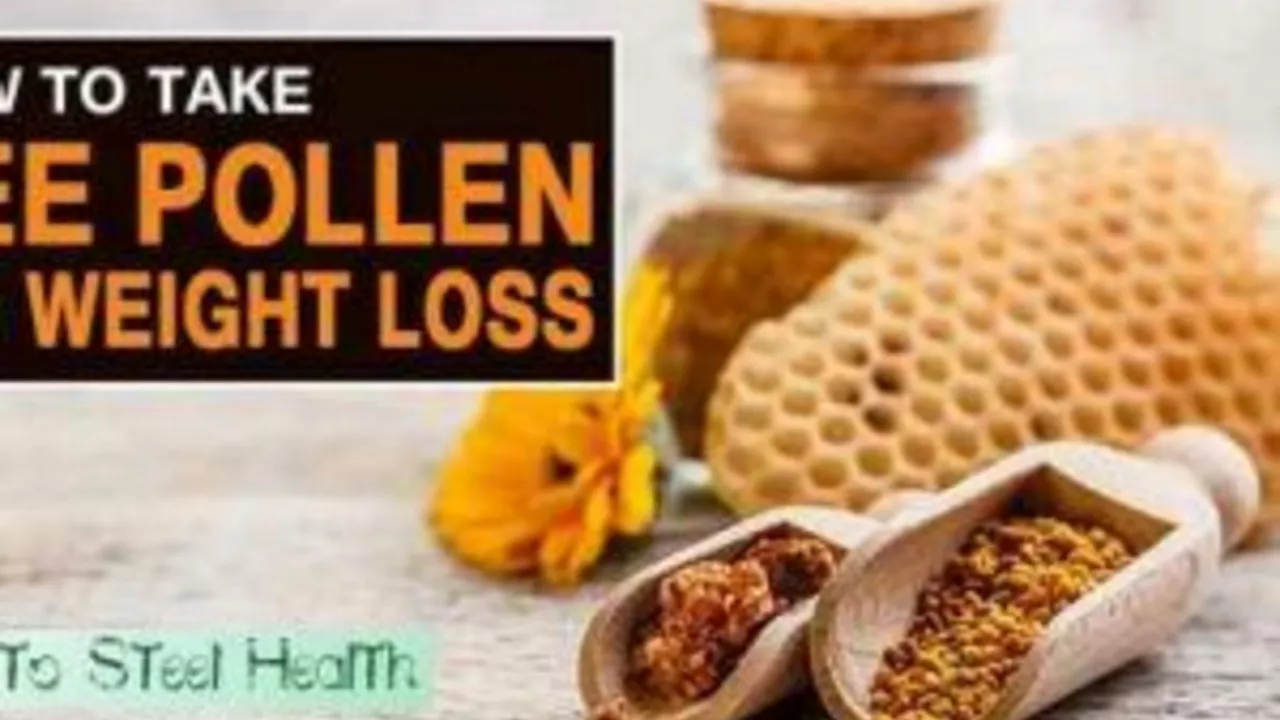All About Bee Pollen: Benefits, Uses, and Safety Tips
Bee pollen is one of those natural products that grabs attention for good reason. It’s a mix of flower pollen, nectar, and enzymes collected by bees, packed with nutrients like vitamins, amino acids, and antioxidants. People often turn to bee pollen as a supplement to boost their immune system, fight allergies, or just feel more energetic. But before you grab a jar, it's smart to know the basics about how it works, possible benefits, and any risks involved.
What Exactly Is Bee Pollen Good For?
Many users say bee pollen helps with allergies, especially seasonal ones like hay fever. The theory is that small pollen doses might train your immune system not to overreact. Plus, its nutrient mix supports overall health by giving your body extra vitamins and minerals. Some folks use it for better digestion, skin health, or to improve stamina and recovery after workouts. While promising, it’s good to remember that not all claims are backed by strong science, but plenty find real value in adding bee pollen to their routine.
How to Use Bee Pollen Safely
Bee pollen can cause allergic reactions in some people, especially if you’re sensitive to pollen or bee stings. Starting with a tiny amount and watching for any side effects is a smart move. It’s usually taken by sprinkling on food, mixing in smoothies, or swallowing it in capsules. Make sure to buy from reputable sources to avoid contamination or impurities. Also, if you’re pregnant, nursing, or have chronic health issues, it’s a good idea to chat with your healthcare provider before using bee pollen.
Think of bee pollen as a natural support, not a miracle cure. Pair it with a balanced diet and healthy habits to get the best results. Curious about trying it? Start slow and see how your body reacts. There’s plenty more to learn about this buzzing little powerhouse, but for many, bee pollen offers a refreshing, natural way to support wellness every day.

